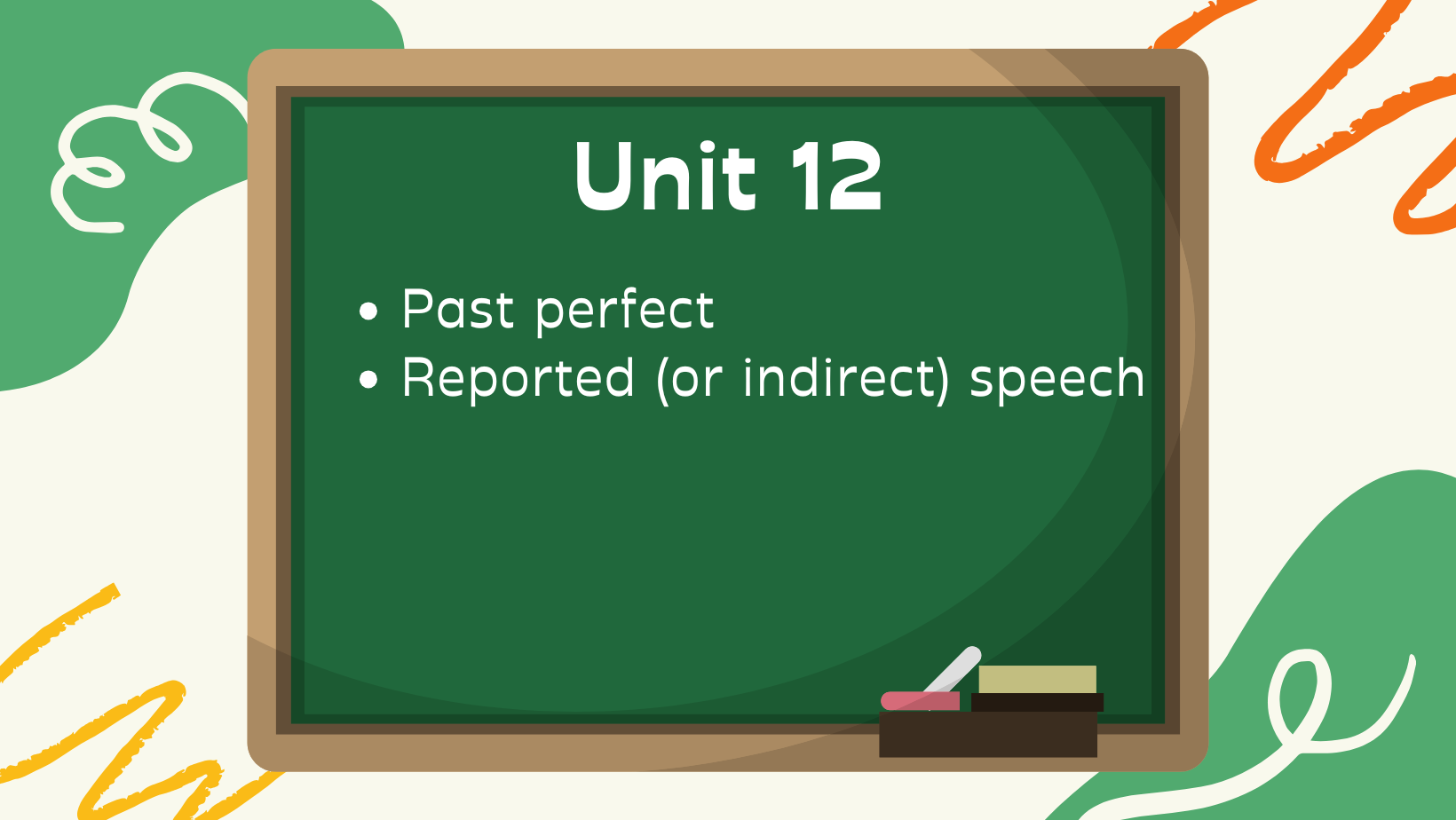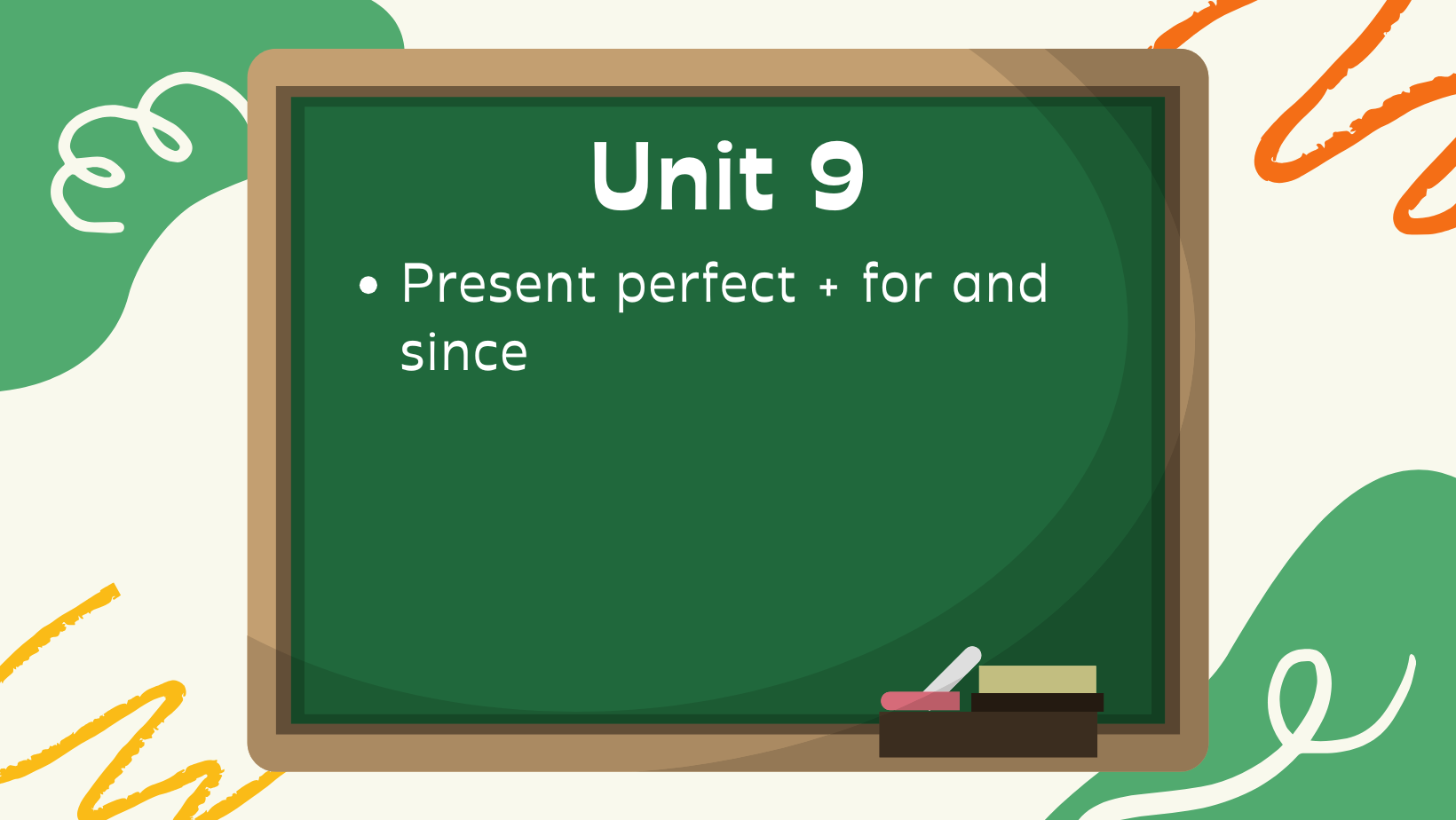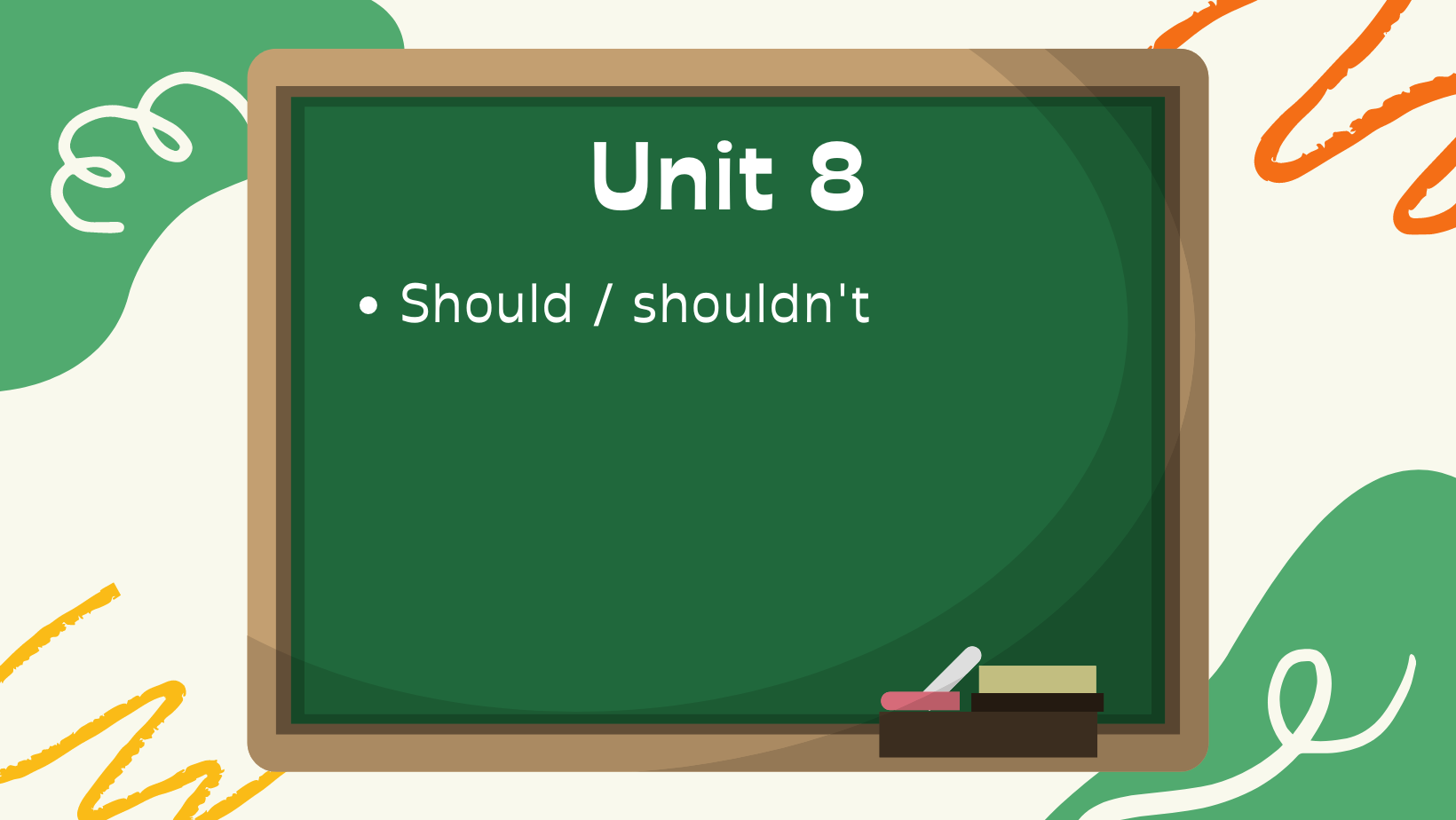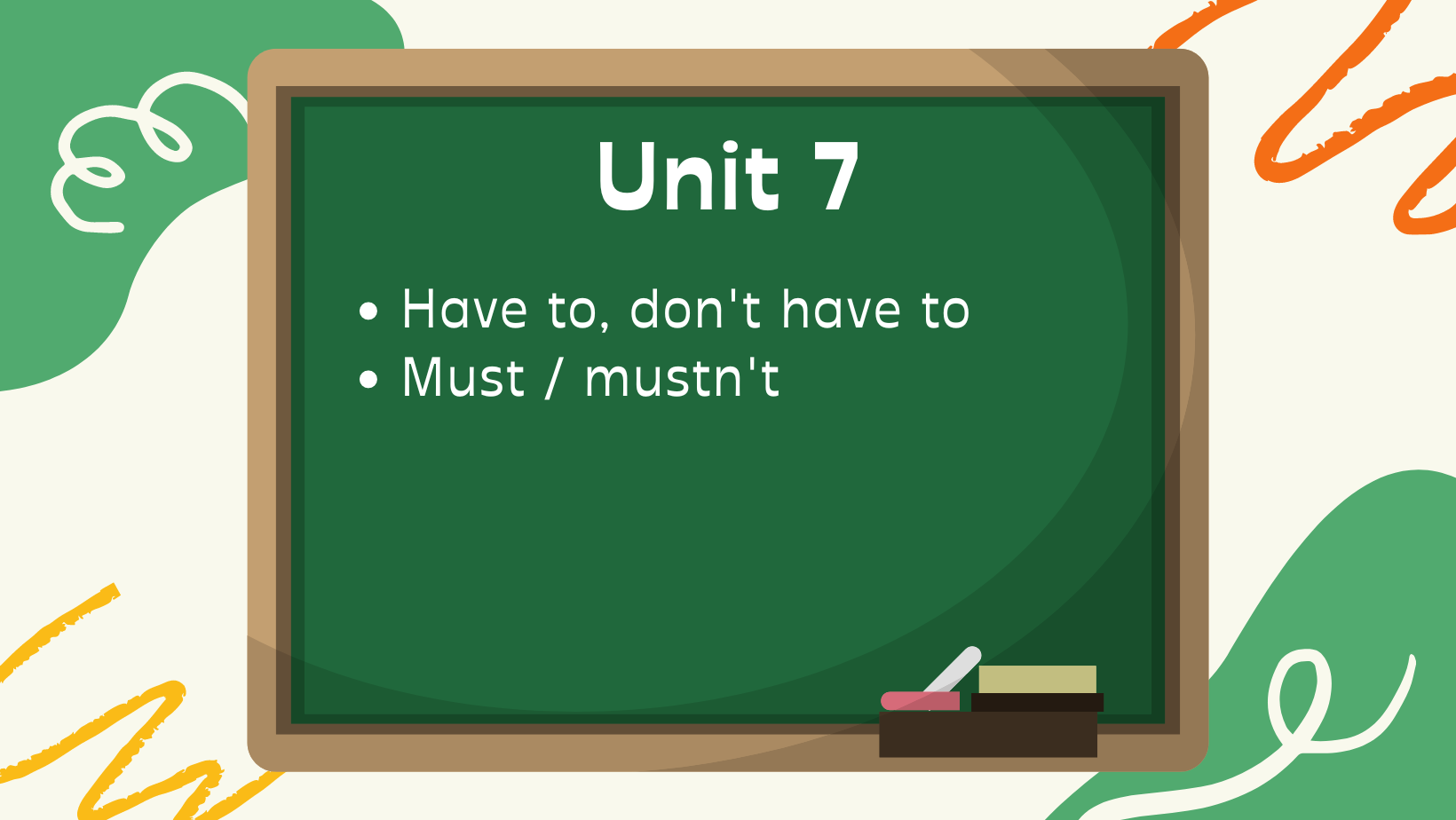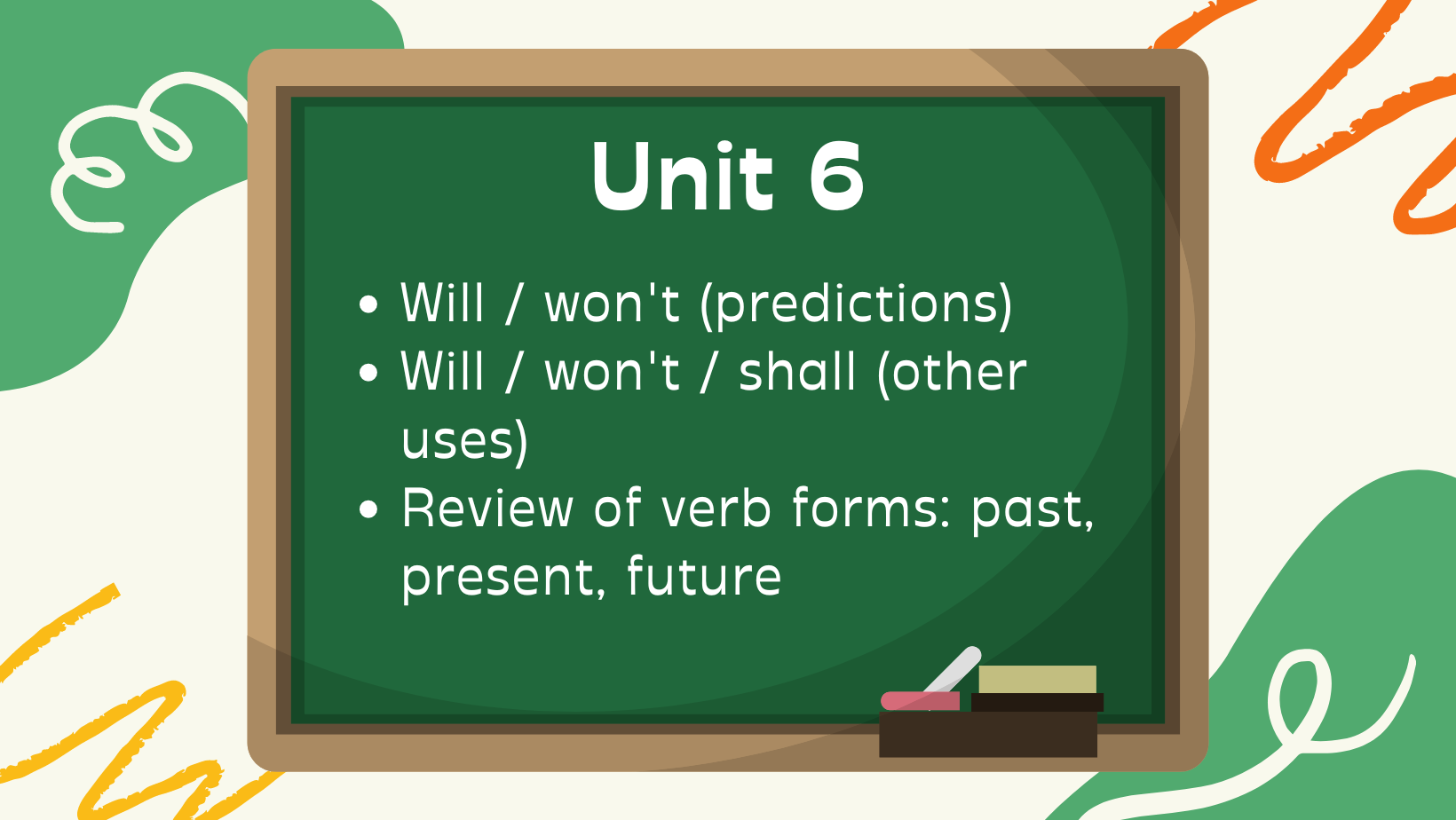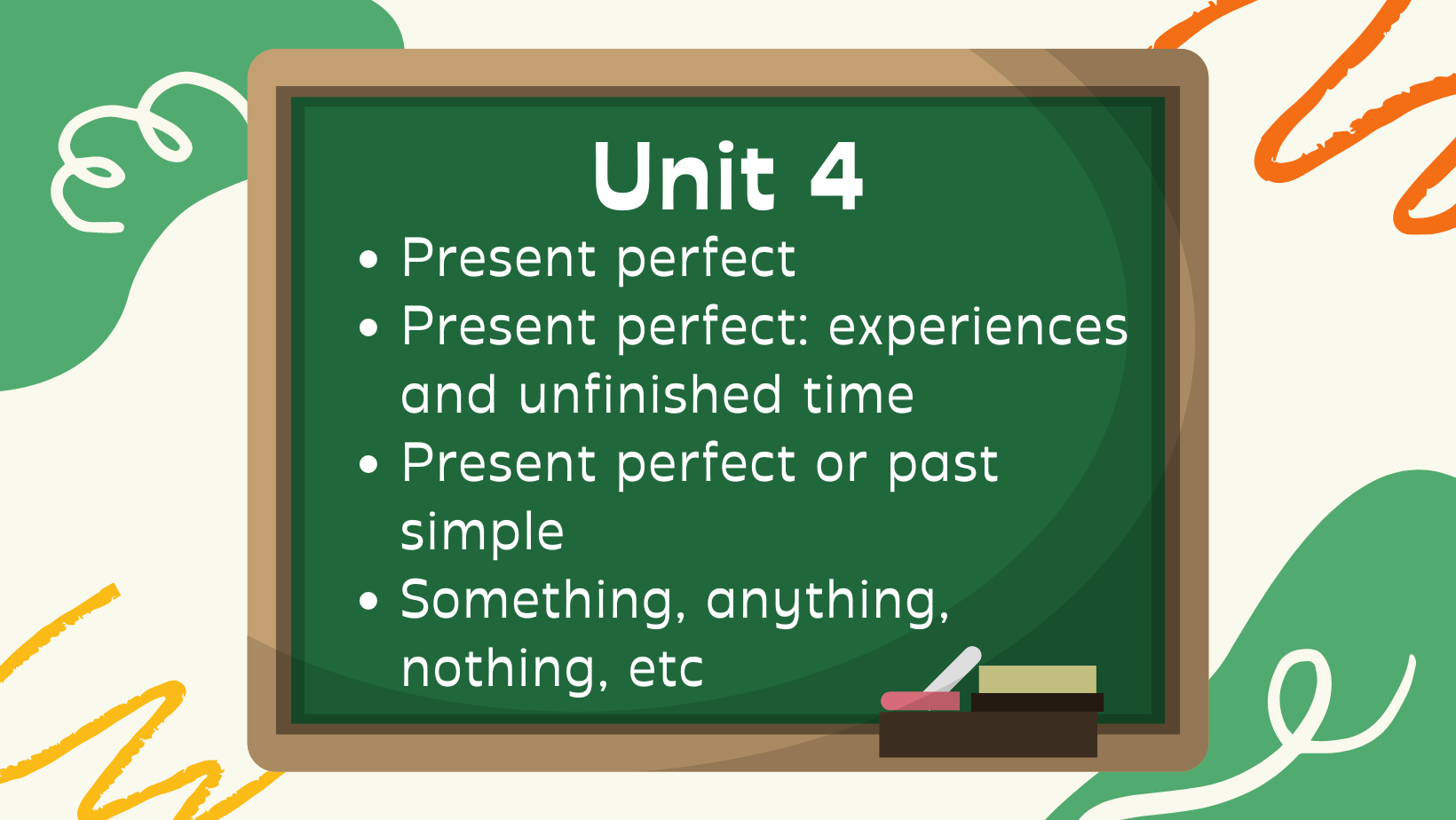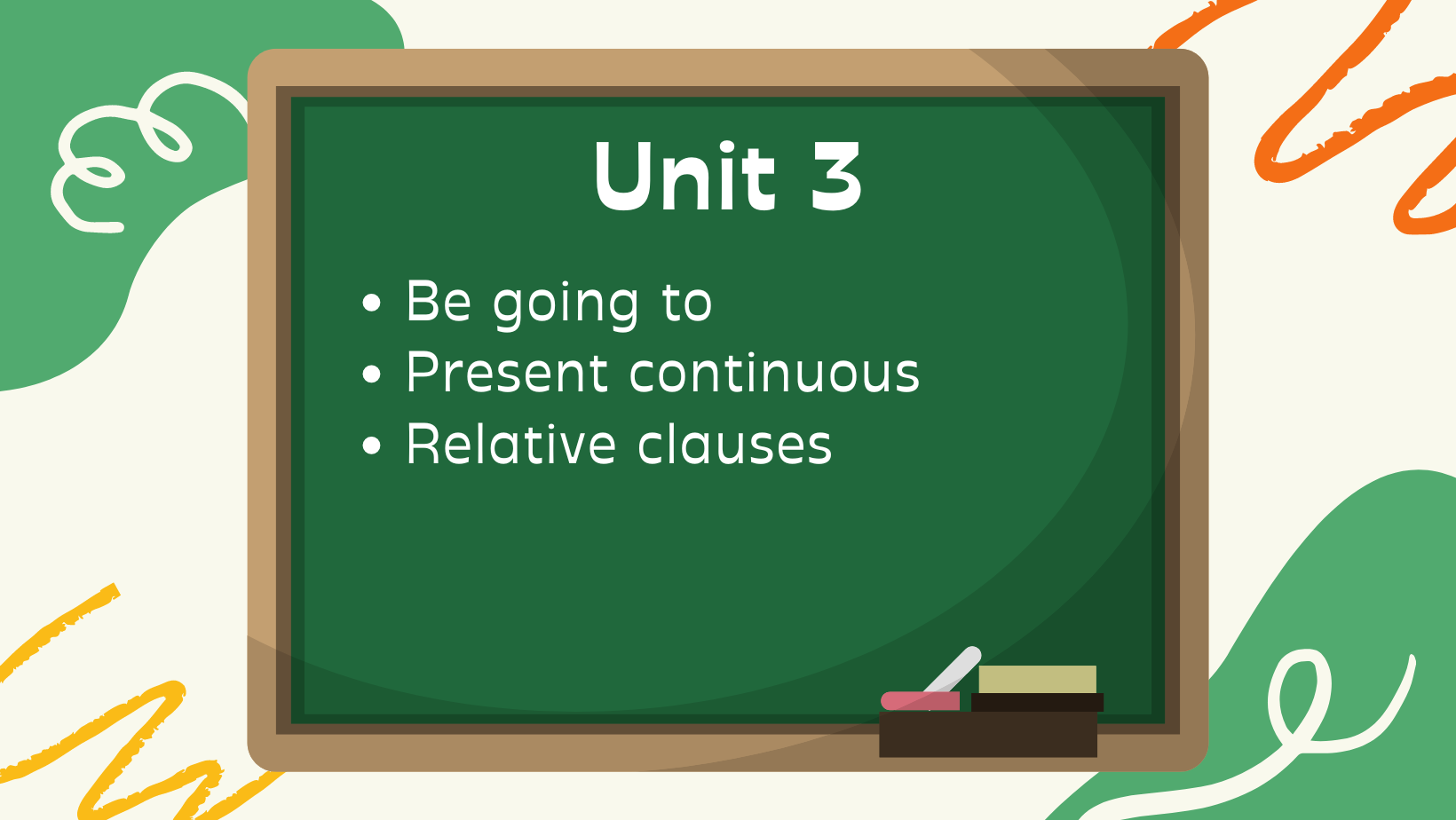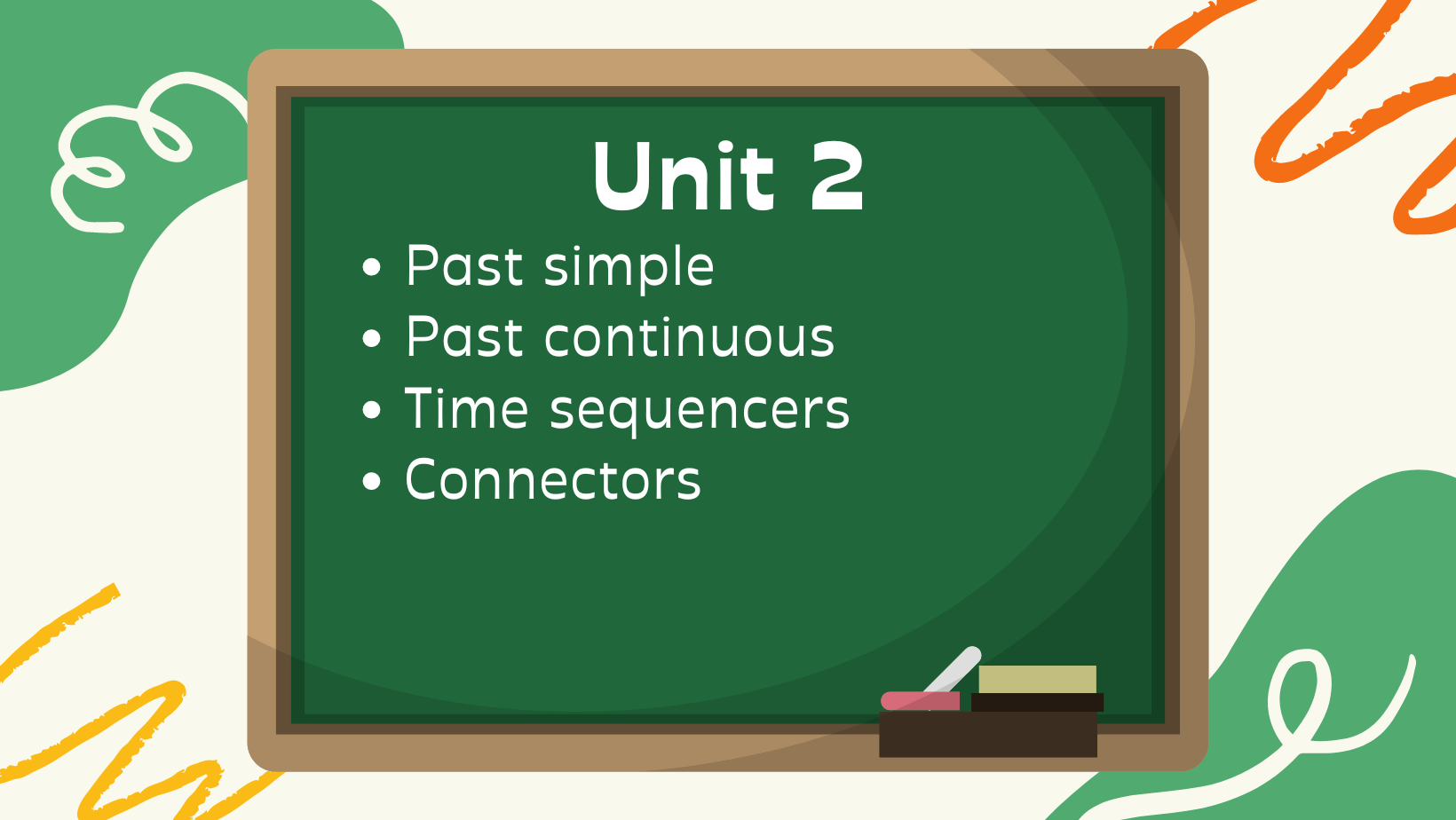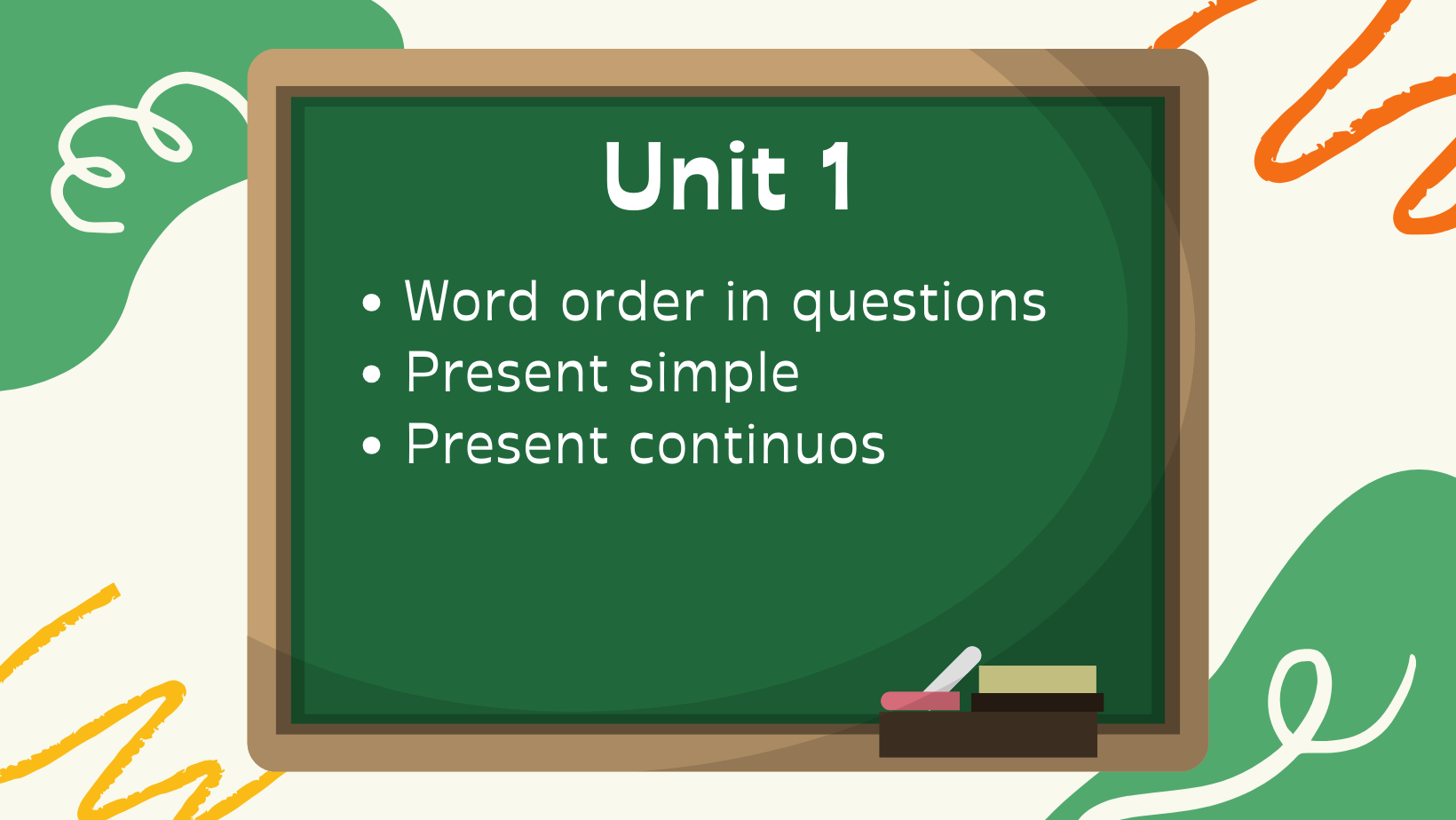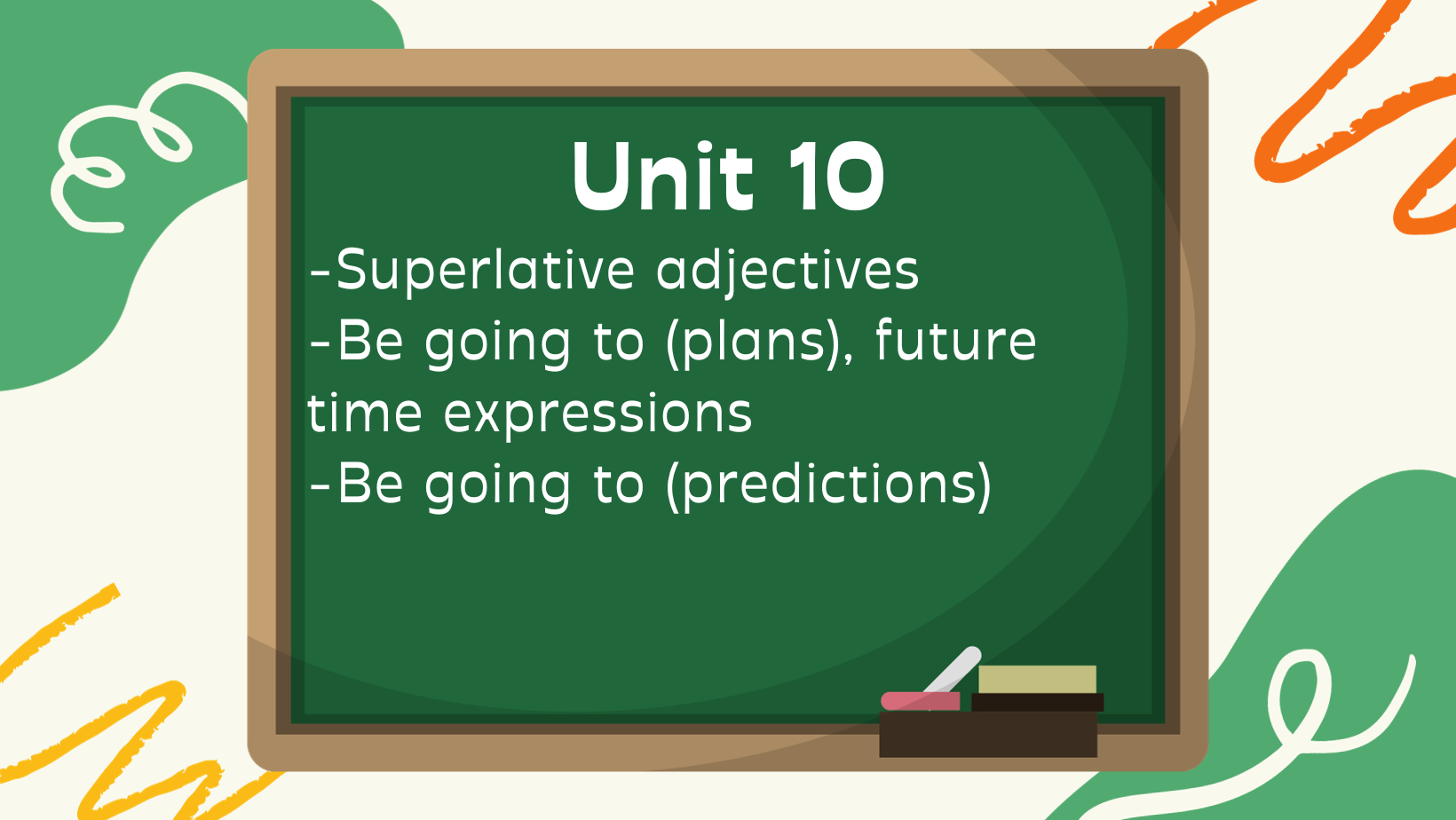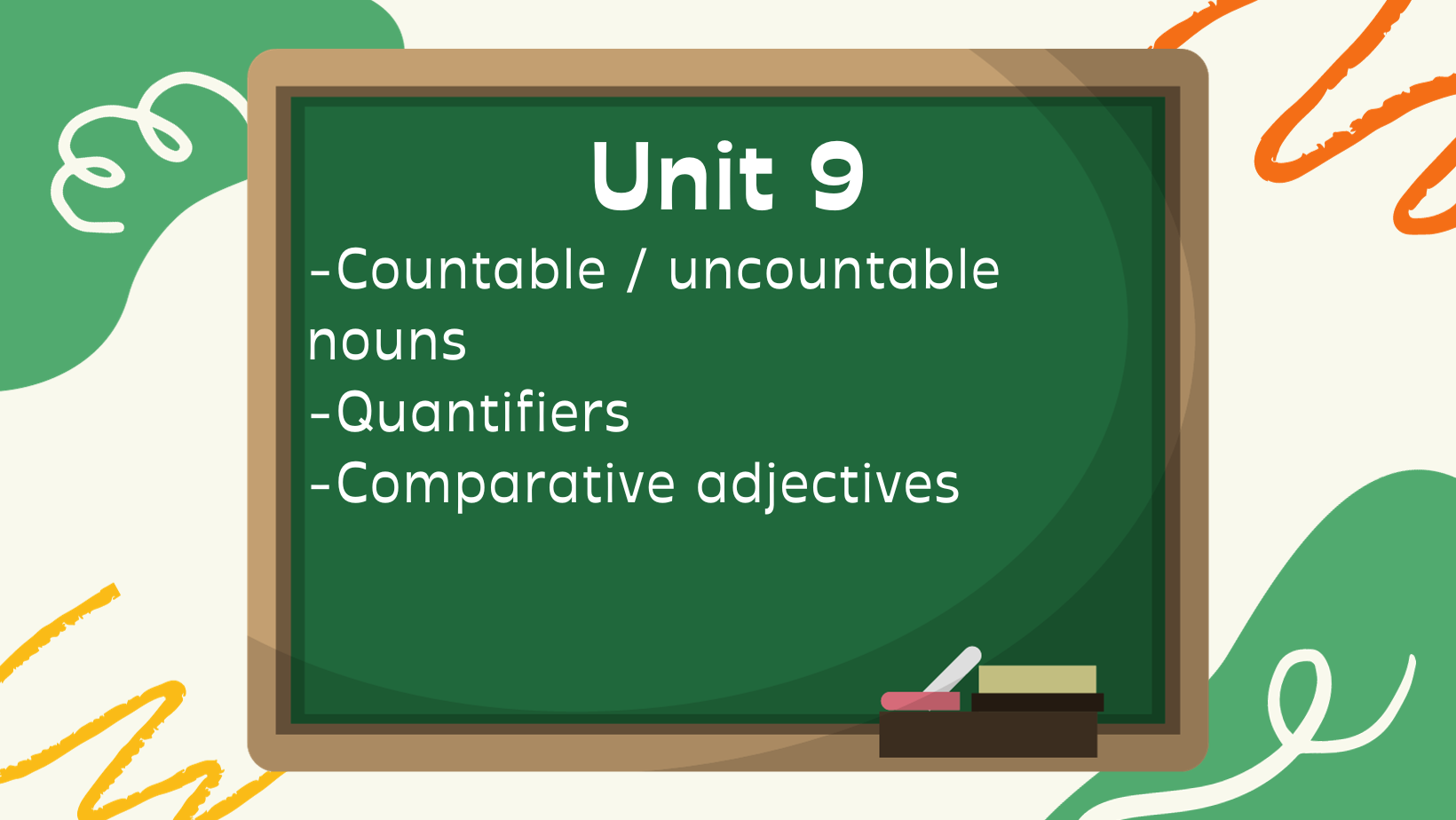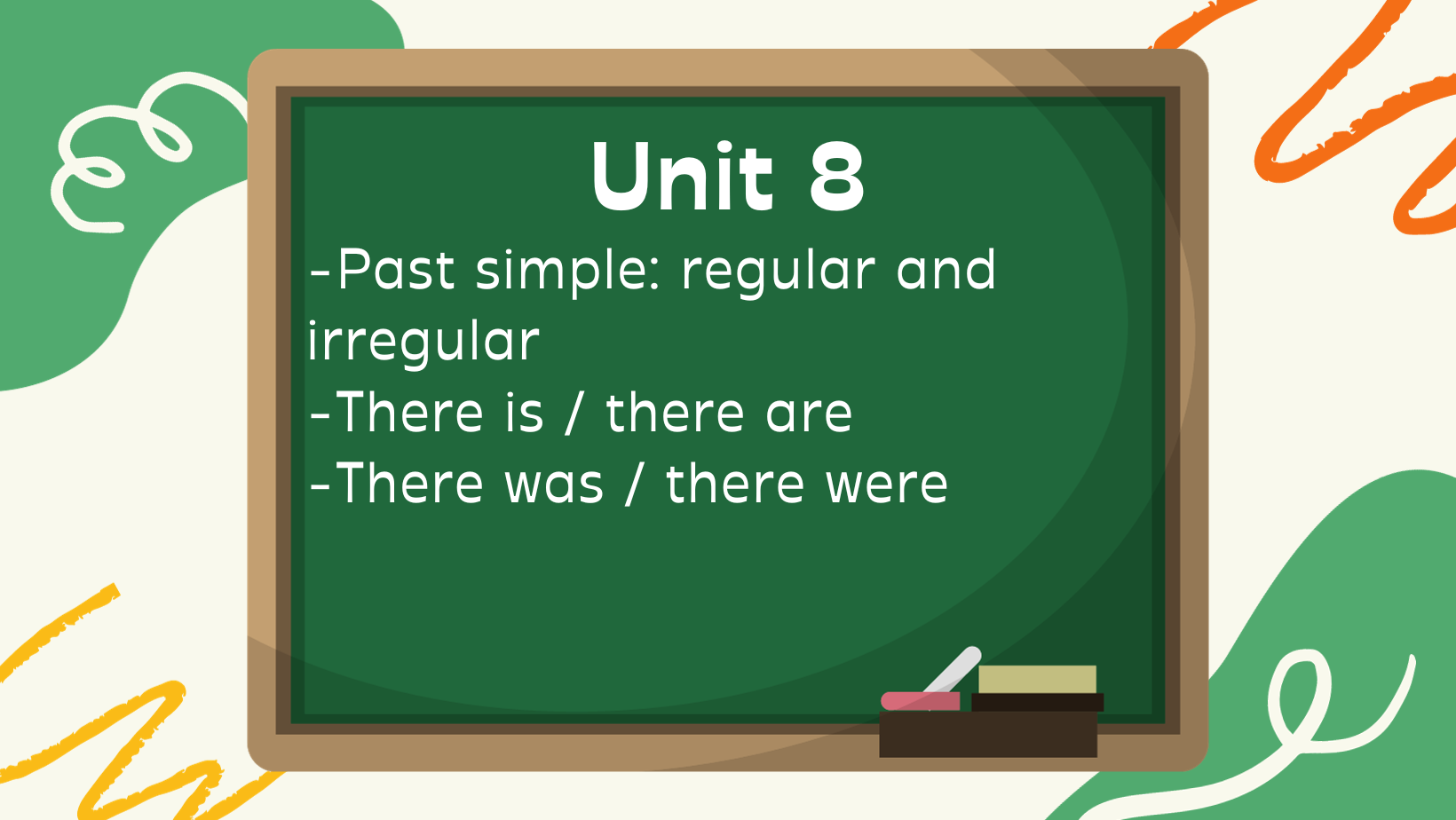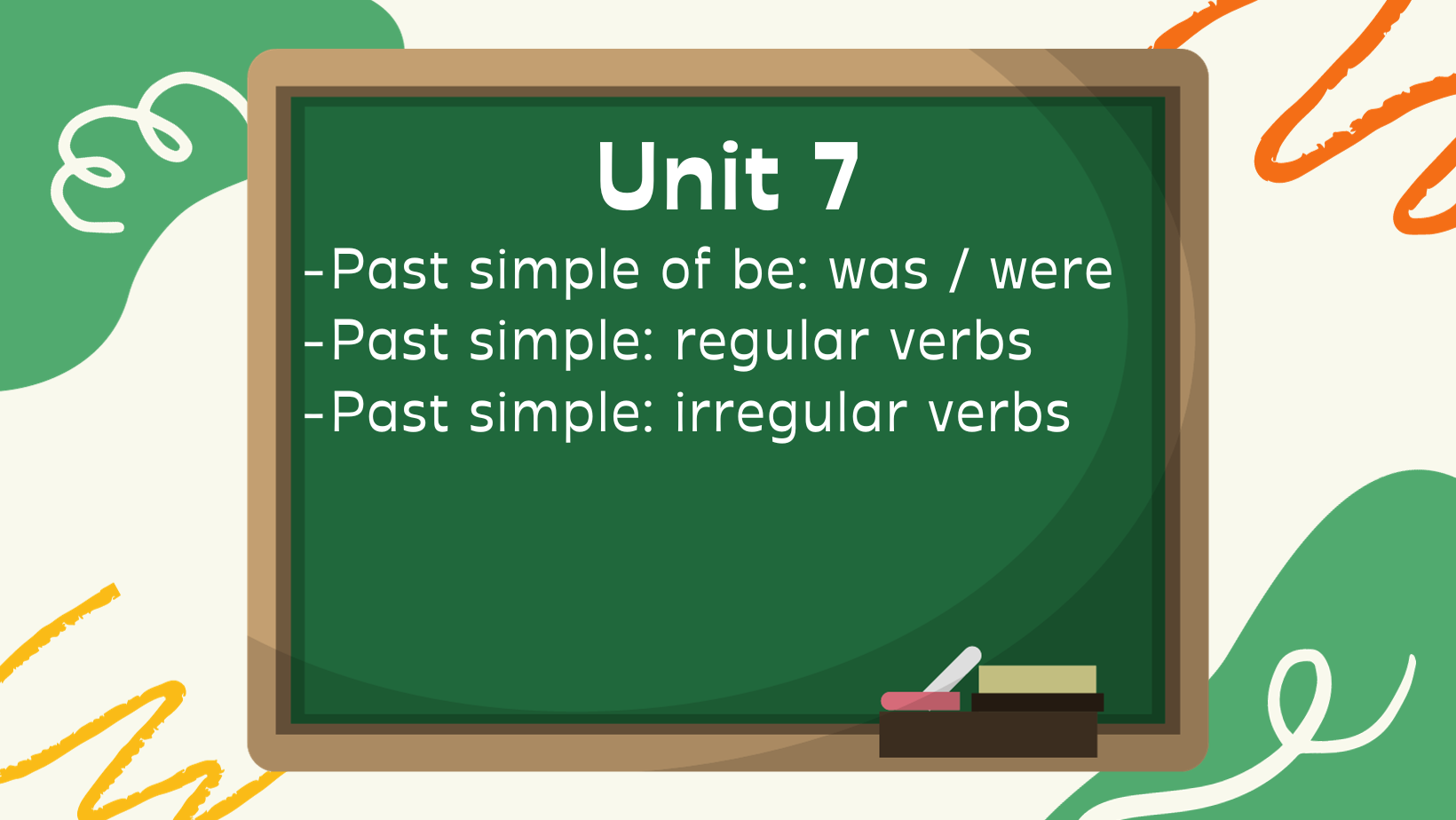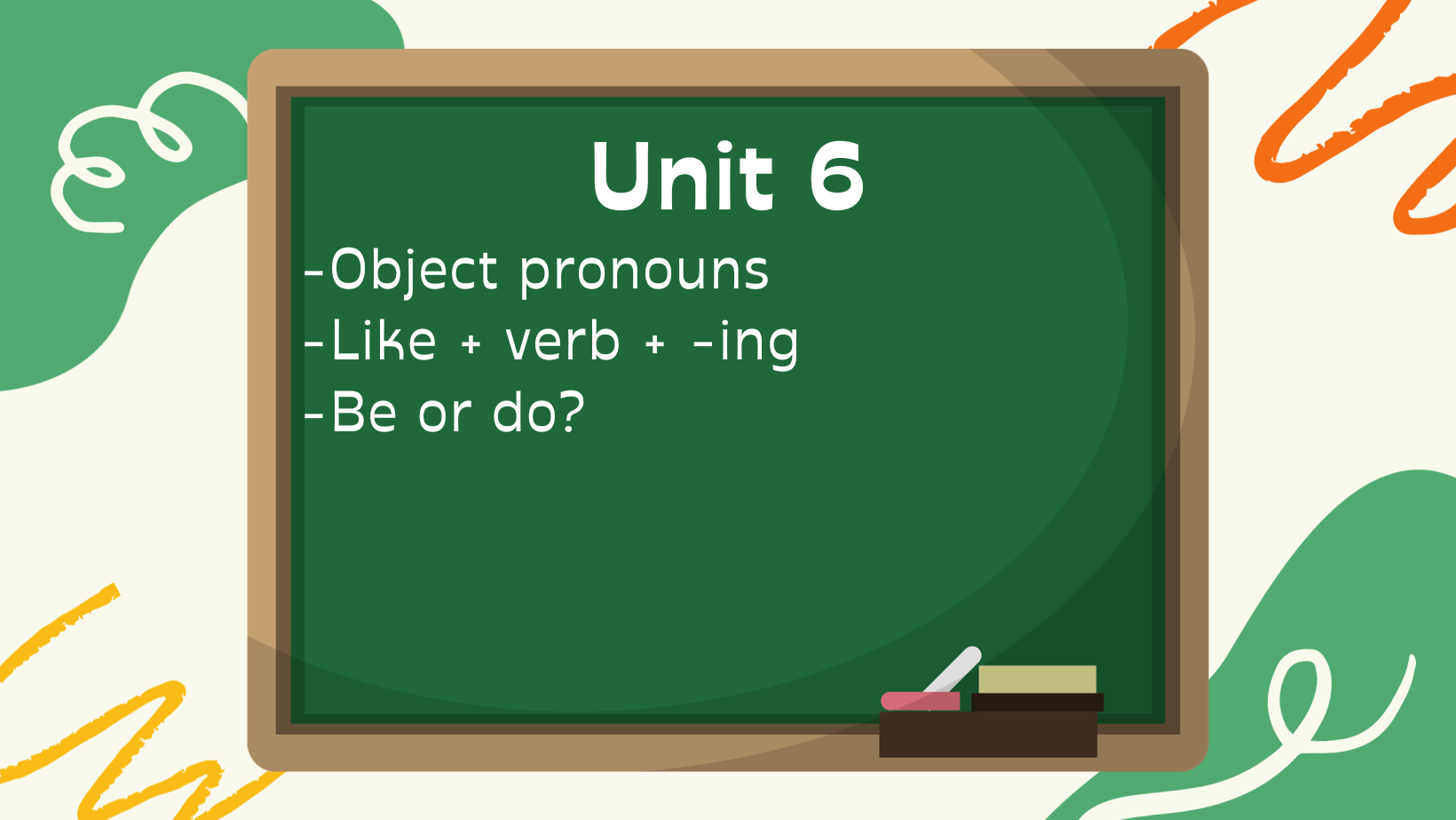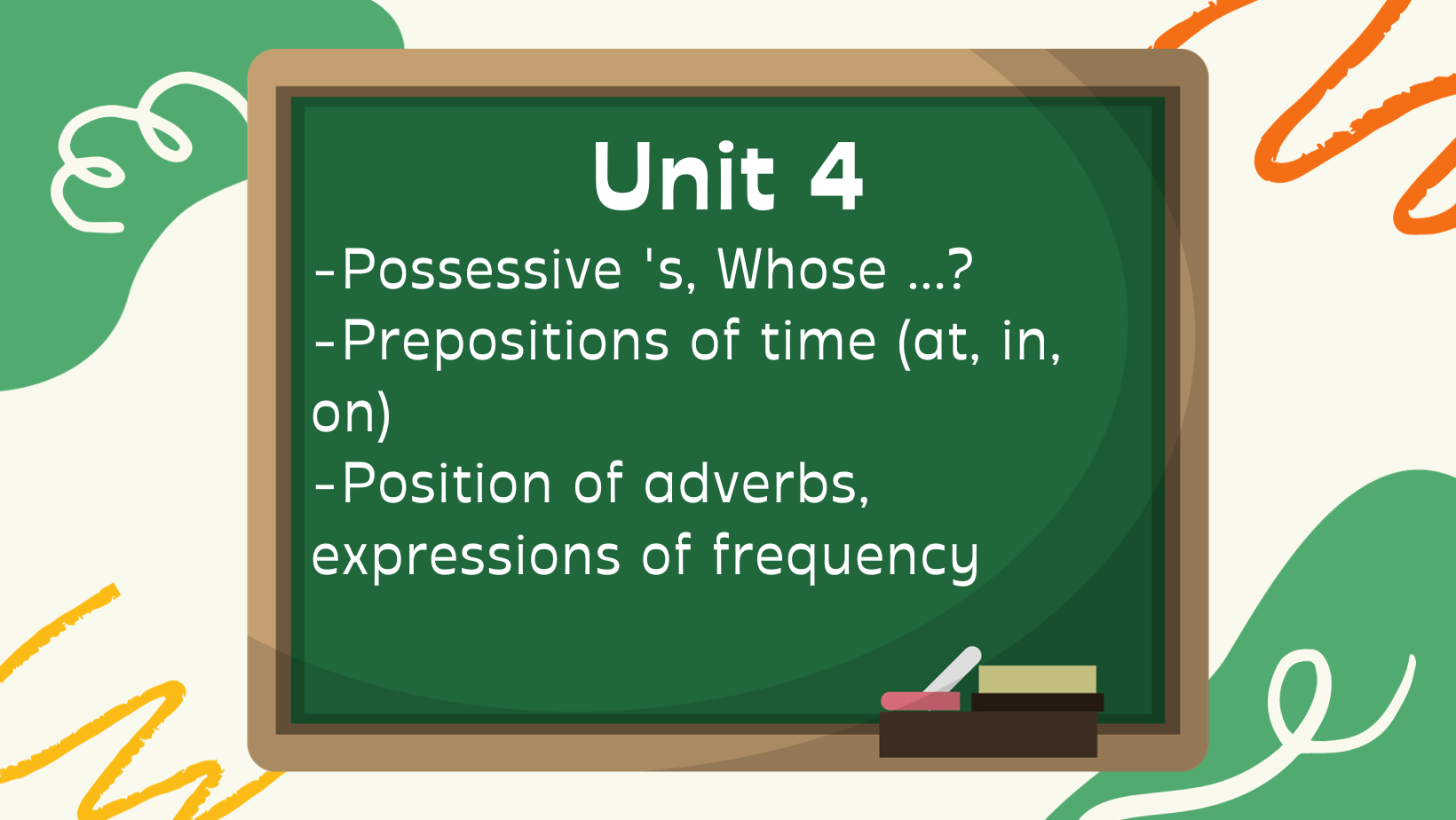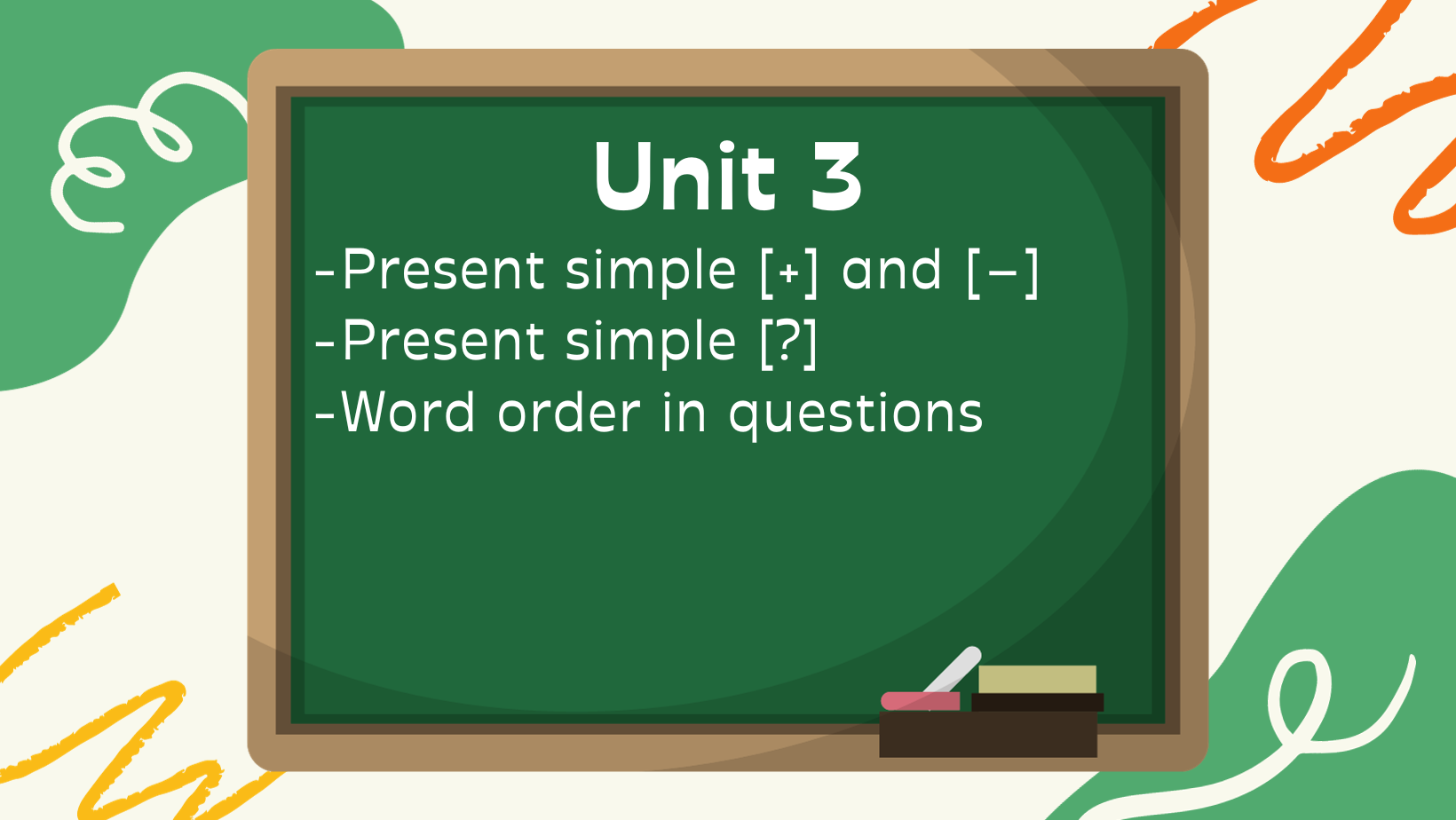Unit 5
Can / can't
EXAMPLES
- I can sing, but I can't dance.
- I can come on Tuesday, but I can't come on Wednesday.
- You can park here. You can't park there.
- Can you help me? Can I open the window?
FORM
- can + infinitive has different meanings:
- I can (sing) = I know how to.
I can't (dance) = I don't know how to. - I can (come) = It's possible for me.
I can't (come) = It isn't possible for me. - You can (park here) = It's OK. / It's permitted.
You can't (park there) = It isn't OK. / It isn't permitted. - Can you (help me)? = Please do it.
Can I (open the window)? = Is it OK if I do it?
- I can (sing) = I know how to.
- can and can't are the same for all persons (I, you, he, etc.).
NOT He cans. - Contraction: can't = cannot.
- We don't use to after can.
I can swim. NOT I can to swim.
Present continuous
EXAMPLES
They're having a party next door.
Oh no! The baby's crying.
It's raining.
A What are you doing?
B I'm waiting for my brother.
FORM
[+]
I'm having a party.
You / We / They're having a party.
He / She / It's having a party.
[–]
I'm not having a party.
You / We / They aren't having a party.
He / She / It isn't having a party.
- We use the present continuous for things that are happening now / at the moment.
- At the moment can mean around now.
I'm reading a good book at the moment. (= not exactly now). - We also use the present continuous with longer periods of time,
e.g. today, this week, this month. The present continuous emphasizes
that the action is temporary, not a habit.
I'm working at home this week because my daughter isn't very well.
Spelling rules for -ing forms
infinitive > verb + -ing (spelling)
cook > cooking (+ -ing)
dance > dancing (no e + -ing)
swim > swimming (word ending with one vowel + one consonant = double
consonant + -ing)
Present simple or present continuous?
EXAMPLES
present simple > present continuous
It always snows here in winter. > Look! It's snowing!
What do you usually do at work? > What are you doing now?
My sister works in a bank. > Today she's working at home.
FORM
- We use the present simple to say what we usually do, or things that are normally true.
- We ofte use the present simple with adverbs and expressions of frequency, e.g. always, often, once a week, etc.
- We use the present continuous to say what is happening now or around now.
- We often use the present continuous with at the moment, today, this week.
Lessons
